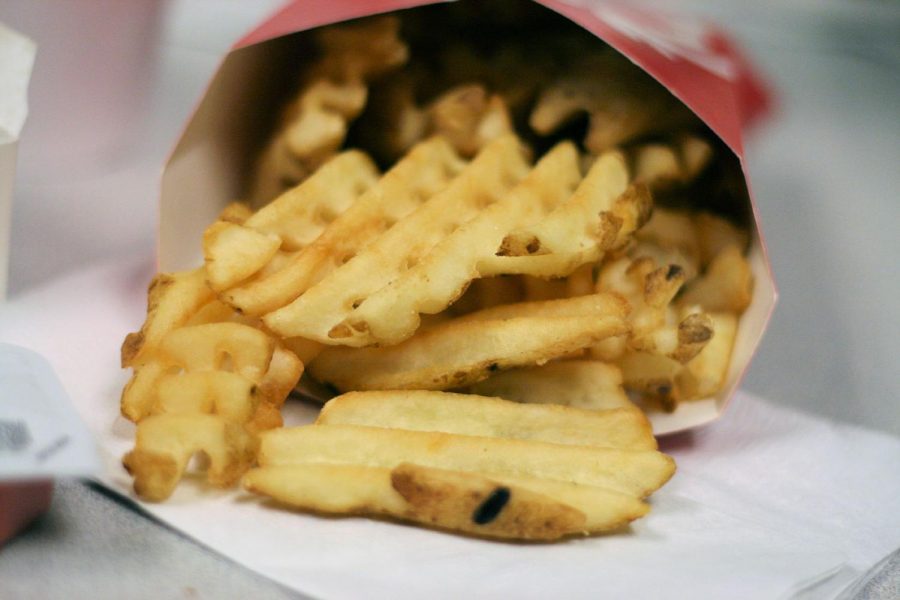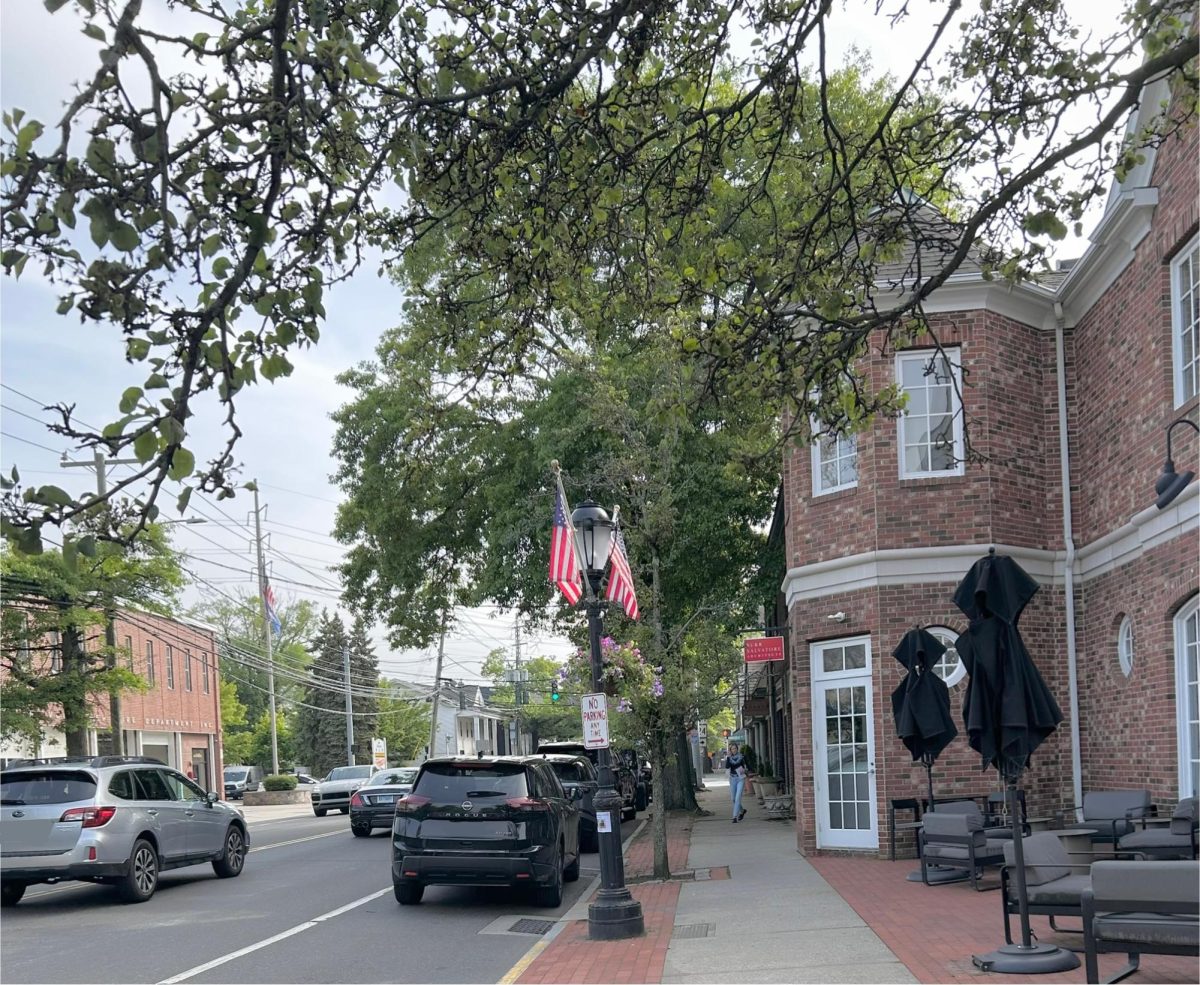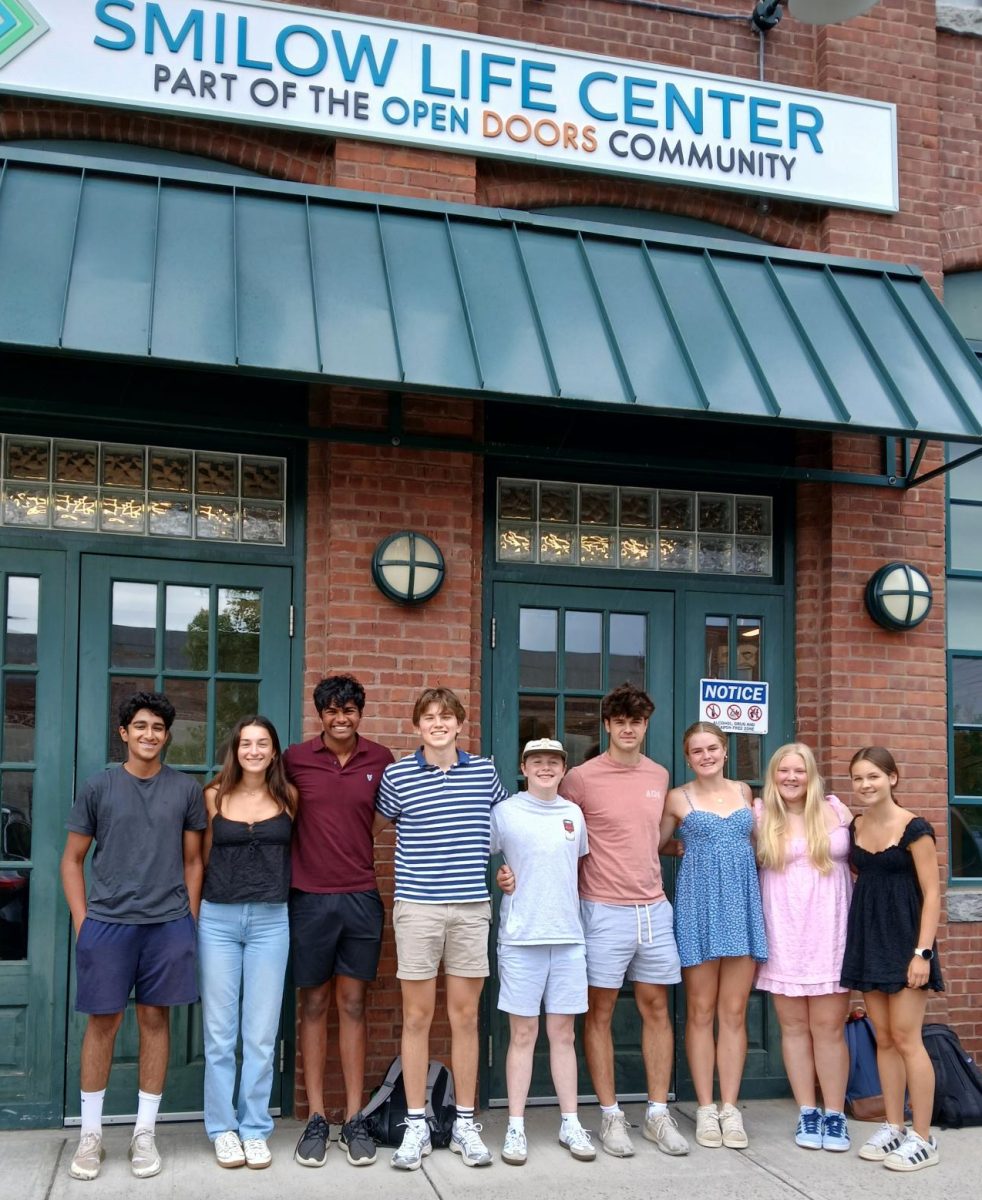Big Restaurant Chains Thrive while Local Businesses Falter
COVID has widened the gap between large fast food franchises and locally-owned eateries.
Large restaurant chains, especially fast food operations, have thrived during this uncertain time.
November 20, 2020
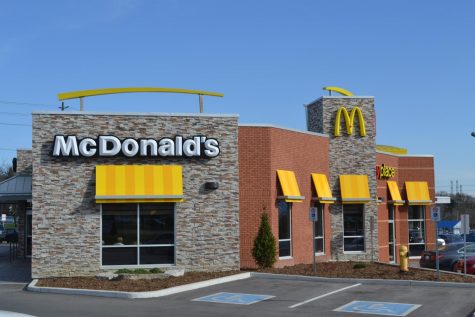
The Coronavirus pandemic has had a polarizing effect on the restaurant industry. Well-funded, multinational restaurant chains, after a brief period of widespread shut-downs, have seized opportunities to expand. Wingstop has emerged as a frontrunner, with sales up almost a third from pre-pandemic levels; Taco Bell, Pizza Hut, and Domino’s have all posted double-digit growth since the beginning of the pandemic. According to the Wall Street Journal, these effects are not unique to well-established chain restaurants: Just Wings, a franchise that only debuted this summer, is expected to ride the momentum of the pandemic and generate $150 million in sales– in its first year.
On the other side, though, local, family-owned eateries are floundering through what may be the most tumultuous period in modern history. According to the National Restaurants Association, 100,000 individual restaurants will close in 2020, almost double the yearly average of 50,000. The pandemic is exacting a disproportionate toll on smaller restaurants, as Yelp, a company focusing on crowd-sourced reviews on businesses, estimates that 22,000 restaurants with fewer than six locations closed between March 1st and September 10th. Indeed, it seems strange that at a time when smaller businesses are hemorrhaging, their larger counterparts are rapidly expanding.
Yet however vast, this discrepancy is not without explanation– large franchises certainly boast several key advantages over local eateries. For one, customers of a majority of smaller restaurants are confined to dine-in services– an amenity that the pandemic has all but wiped out. Instead, diners are flocking to the faster, safer drive-through lines, which have proved to be an indispensable asset in the restaurant businesses.
In fact, Chipotle, as well as numerous other chains that have never had drive-throughs before, are racing to develop more convenient services for diners. Newly-created “Chipotlanes” are estimated to have helped triple the company’s digital sales. In a CNBC piece, McDonalds CEO Chris Kempczinski noted that consumers have “returned to their drive-thru lanes looking for familiar comfort food.” Shake Shack is also hopping on the trend. Senior Jack Von Riesemann stated: “I love going to Shake Shack with my friends to get burgers” because “it’s got good food.”
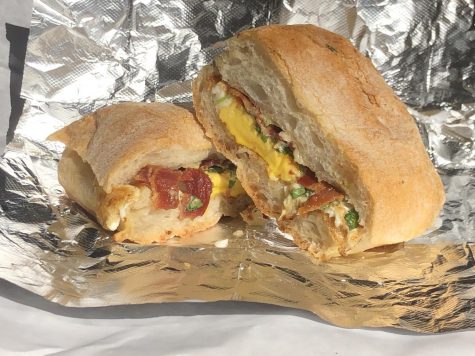
In Darien, local restaurants aim to place themselves on an even playing field with larger corporations by offering take-out options. Roost, an eccentric, locally-owned eatery offering an assortment ranging from fresh Autumn Cobb salads to creamy, smoky breakfast sandwiches, has begun offering curbside pickup and home delivery options. Famous for its tacos and a staple of local cuisine, Bodega has also been providing the same services. Senior Harry FitzPatrick remarked that the “guacamole, quesadillas, and the chips are all great.” Around the nation, small businesses have displayed their perseverance and resilience.
At the end of the day, it’s our responsibility, as customers, to dine local, to support small restaurants on social media, to spread the word– because ultimately, it’s up to us to decide if we’re ready to trade those relaxed Sunday mornings, chatting with our favorite waiter over steaming cups of coffee, for drive through windows and never-ending car lines.

